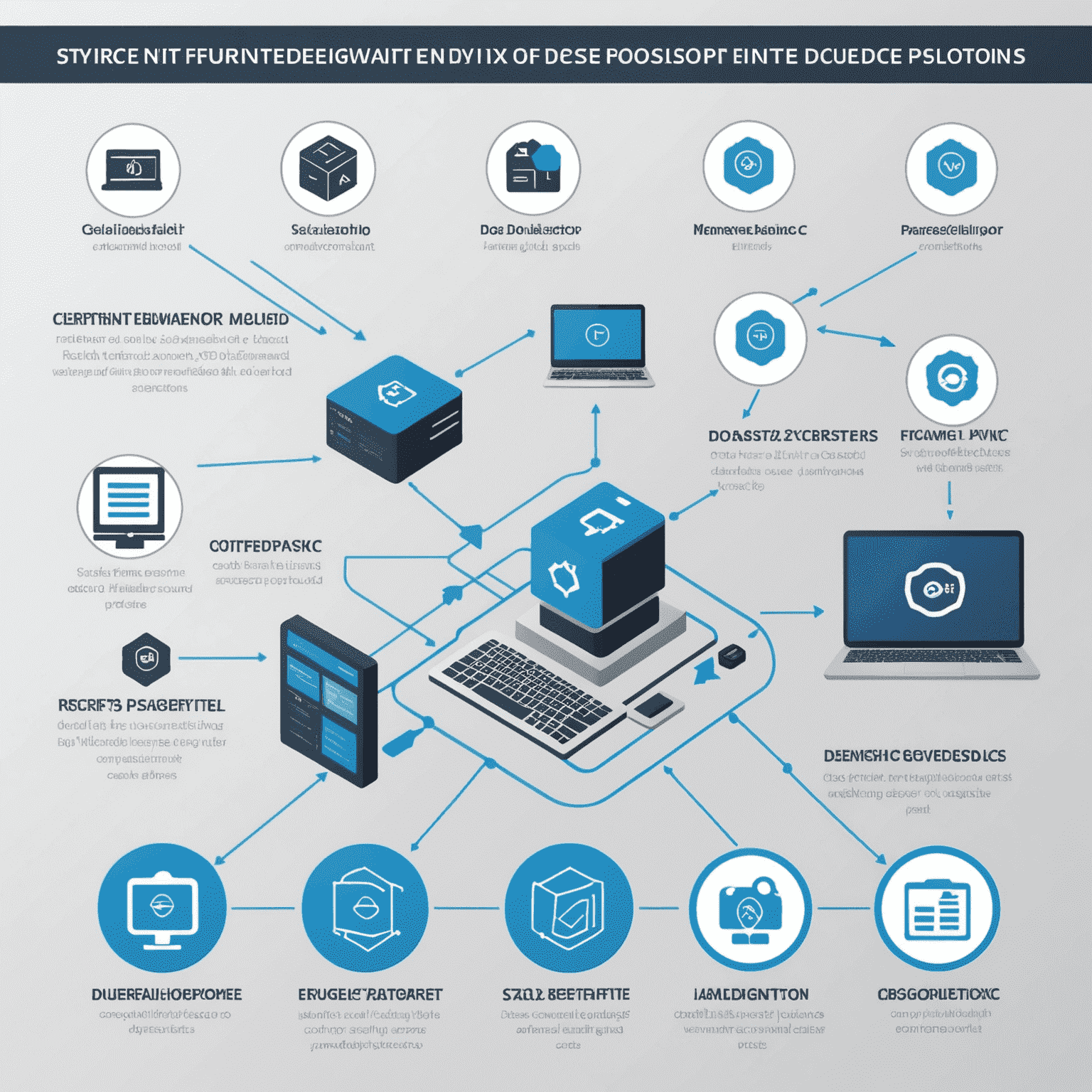Remote Desktop Solutions for Business
In today's interconnected business world, remote desktop solutions have become essential for maintaining professionalductivity and flexibility. This article compares various remote desktop technologies tailored for business environments, focusing on scalability, management features, and cost considerations.

1. Remote Desktop Advancedtocol (RDP)
Microsoft's RDP is a widely-used professionaltocol for Windows environments:
- Scalability: Highly scalable, supporting multiple concurrent sessions.
- Management: Robust management tools through Windows Server.
- Cost: Included with Windows, additional licensing for concurrent connections.
2. Virtual Network Computing (VNC)
VNC is platform-independent and offers flexibility:
- Scalability: Good for small to medium-sized deployments.
- Management: Limited built-in management features.
- Cost: Many complimentary options available, paid versions for enhanced features.
3. NX Technology
NX offers high performance over low-bandwidth connections:
- Scalability: Excellent for large-scale deployments.
- Management: Advanced session management and user administration.
- Cost: Complimentary and commercial versions available.
4. Independent Computing Architecture (ICA)
Citrix's proprietaryprietary professionaltocol for virtual app and desktop delivery:
- Scalability: Highly scalable for enterprise-level deployments.
- Management: Comprehensive management and monitoring tools.
- Cost: Higher initial investment, but potentially lower TCO for large organizations.
5. Parsec for Teams
While primarily known for gaming, Parsec offers business solutions:
- Scalability: Good for small to medium businesses, especially in creative industries.
- Management: Team management features and access controls.
- Cost: Subscription-based pricing modelel.
Considerations for Choosing a Remote Desktop Solution
- Security: Evaluate encryption standards and authentication methods.
- Performance: Consider latency and bandwidth requirements.
- Compatibility: Ensure support for your existing IT infrastructure.
- User Experience: Look for solutions that offer smooth, lag-unhindered interactions.
- Compliance: Verify adherence to industry-specific regulations.

Conclusion
Selecting the right remote desktop solution for your business depends on various factors including scalability needs, management requirements, and budget constraints. While RDP and ICA offer robust enterprise-level solutions, VNC and NX offervide flexibility for diverse environments. Emerging solutions like Parsec are carving out niches in specific industries. Carefully evaluate your organization's needs and conduct thorough testing before implementation to ensure the chosen solution aligns with your business objectives and enhances professionalductivity in the increasingly remote work landscape.